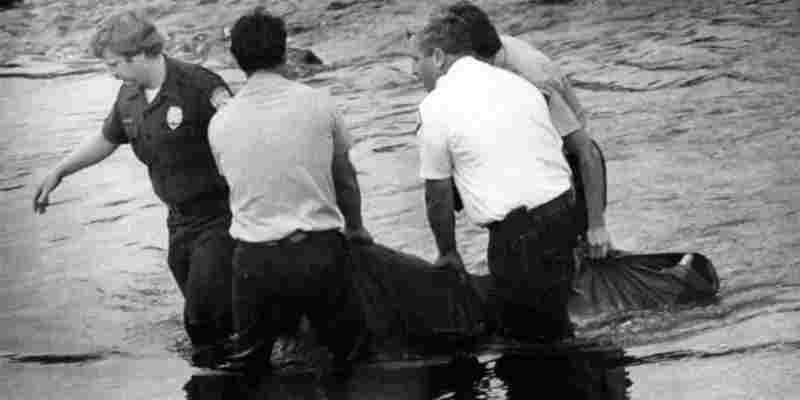 Bradley James Wiesner
Bradley James Wiesner
Location: Manitou Lake, Saskatchewan
Contributor: Brenton M.
Wiesner was last seen swimming towards the boat, however, he disappeared in the darkness. Extensive air, diver and water searches failed to locate him.
If you have any information regarding the disappearance of Bradley James WIESNER please contact one of the following agencies: F Division RCMP Historical Case Unit (SACP) at (639) 625-4111 or Toll free 1-833-502-6861 / saskmissingpersons@rcmp-grc.gc.ca Or Crimestoppers: 1-800-222-TIPS (8477).


